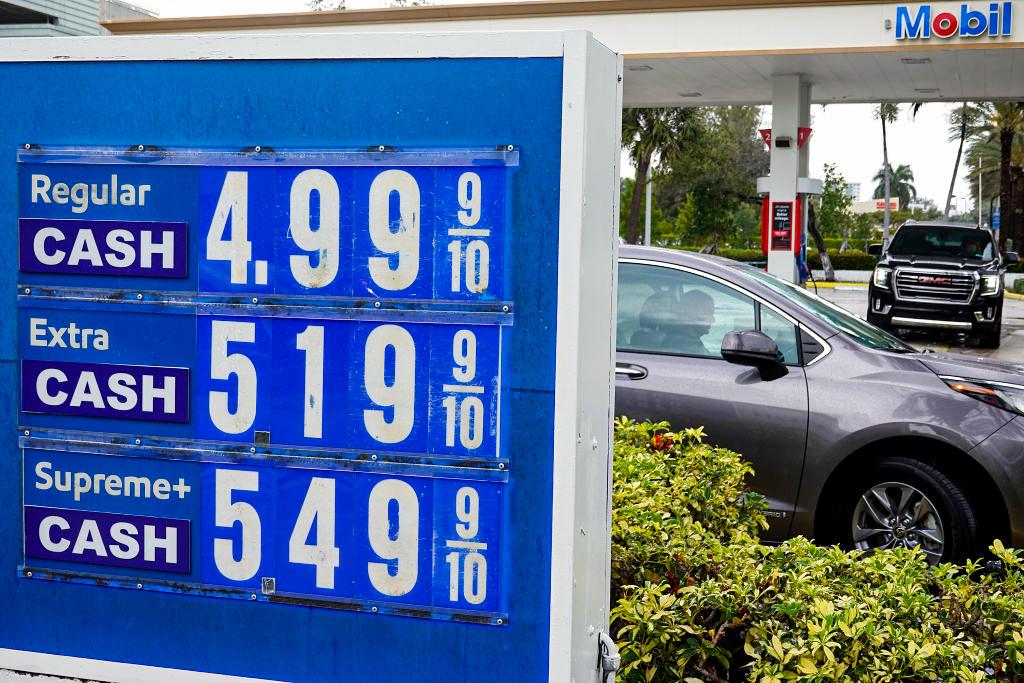The price of oil tumbled more than 7 percent on March 15 to its lowest level three weeks, despite supply disruptions caused by the conflict in Ukraine and surging COVID-19 cases in China.
The steep decline followed after supply disruption fears eased when Russia’s Foreign Minister Sergei Lavrov stated that Moscow is in favor of resuming the 2015 Iran nuclear deal as soon as possible.
Speculators are hopeful that a revision of the Iranian nuclear deal, backed by Russia, would lead to Iranian oil sanctions being lifted and allow Tehran to resume crude exports.
On March 15, a Ukrainian negotiator said that talks with Russia for a ceasefire and a possible end to the war had resumed and are still ongoing.
The war in Ukraine has led to rising commodity prices, which have further exasperated global inflation and disrupted trade flows and transportation logistics, partially offsetting the gradual easing of global supply chain bottlenecks.Meanwhile, EU and G7 sanctions against Russia have failed to deter China and India from buying Russian crude.
China has been witnessing a jump in daily COVID infections, with entire towns facing lockdowns adding further pressure on prices as the world economy recovers from the initial outbreak in 2020.
The nation’s daily oil processing rate dropped 1.1 percent in the first two months of the year from 2021, to the lowest since December 2020, as independent refiners scaled back operations after the CCP slashed their crude oil import quotas.
OPEC and its allies, collectively known as OPEC+, announced on March 15, that its view on demand and growth remained unchanged and spare crude oil production capacity remains limited.




